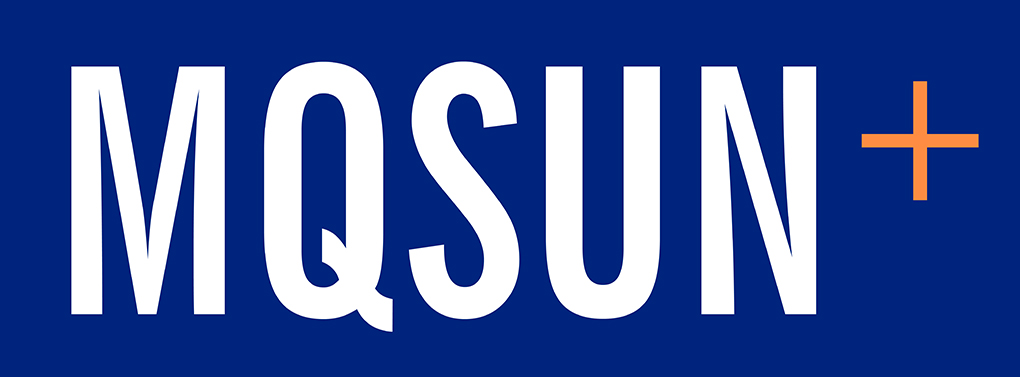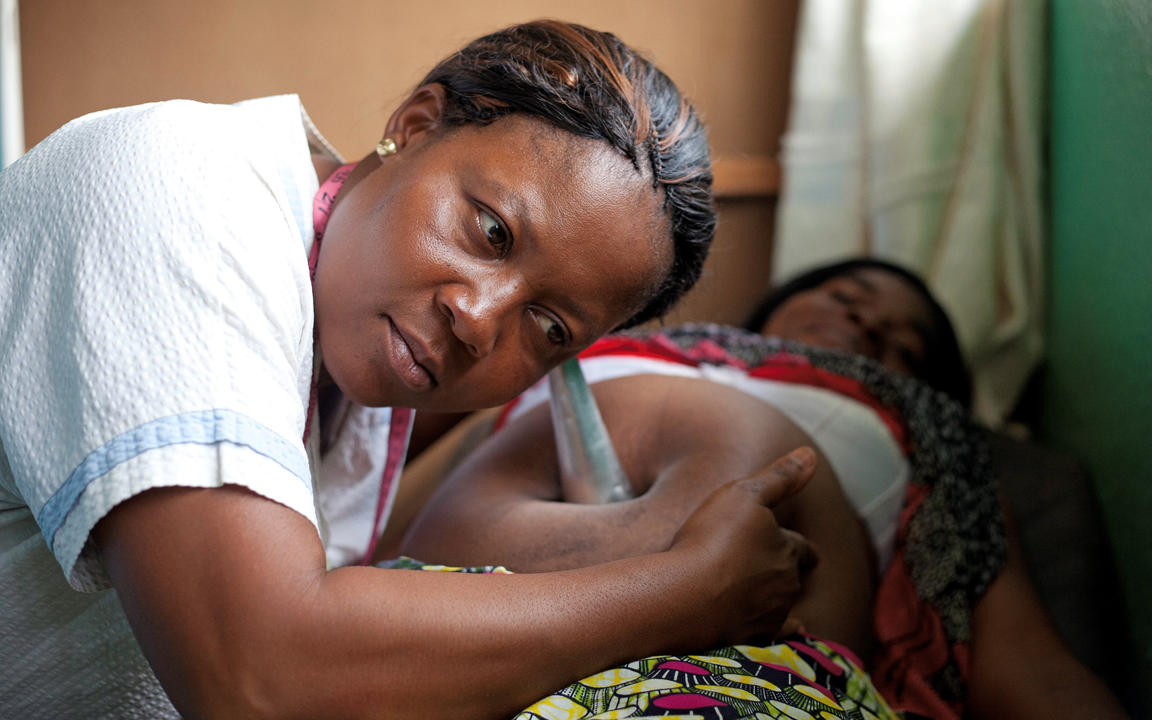The United Kingdom’s Department for International Development (DFID) supports nutrition-related development and humanitarian projects in the Democratic Republic of the Congo (DRC), where both acute and chronic malnutrition rates are very high. To strengthen the nutrition response in areas of greatest morbidity and mortality risk, DFID DRC requested Maximising the Quality of Scaling Up Nutrition Plus (MQSUN+) to conduct a real-time learning review to identify and help stakeholders learn from what is working well and what needs to be strengthened in acute malnutrition (AM) prevention and treatment. This included learning from current practice, research and innovation in the DRC and other relevant contexts. In September and October 2019, the team reviewed project and evidence documents and carried out remote and in-person stakeholder consultation. Key learning—by DFID-requested area of inquiry—is as follows:
- Actors need to better understand—in order to act upon—the main drivers of AM.
- Timelier information for assessing, monitoring and evaluating nutrition crises is needed.
- AM response strategies need to better integrate prevention/treatment and development/ emergency activities.
- Intervention monitoring and evaluation need to be adaptable and focused not only on planned activities but also on evolving needs.
- Maximising interventions’ efficiency and effectiveness will require a learning and adaptation approach.
- Technical guidelines may need to further evolve to support actors in leveraging their potential, standards and guidelines.
- Resilience capacity may need to be built for a sustainable approach focused on preventing AM whilst strengthening the ability to manage treatment as needed.
- Relatedly, the humanitarian-development nexus (HDN) needs to be strengthened.
- Advocacy should be prioritised.
- Knowledge and evidence gaps should be prioritised, the key gaps should be filled, and learnings should be shared.
Key recommendations for collaborative actions of key partners are:
- Strengthen technical and operational leadership of the Programme national de nutrition (PRONANUT), or National Nutrition Programme, and its partners
- Strengthen nutrition evidence generation and learning
- Expand partnerships for nutrition
- Increase nutrition advocacy capacity
Drawing lessons from this review, stakeholders in the DRC’s fragile context are encouraged to better catalyse opportunities and adjust strategies and resources to improve emergency nutrition interventions based on a sound and robust alert system that can better target vulnerabilities. The recommendations need vetting for feasibility and adaptation by actors with the necessary contextual and technical expertise. The immense unaddressed nutrition needs in development and emergency settings in the DRC call for strengthened collaboration and out-of-the-box thinking so that emergency interventions can leapfrog ahead and spark transformative change.
dsdsdsd
dsdsdsd


